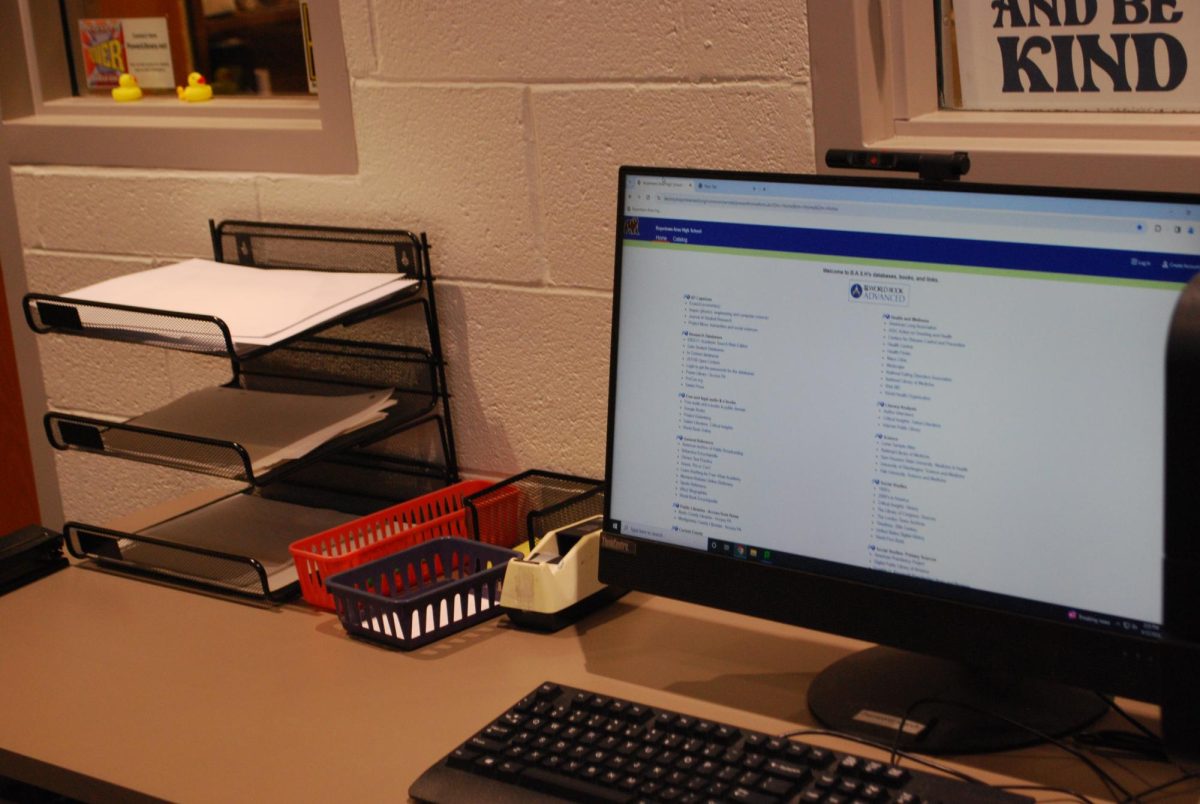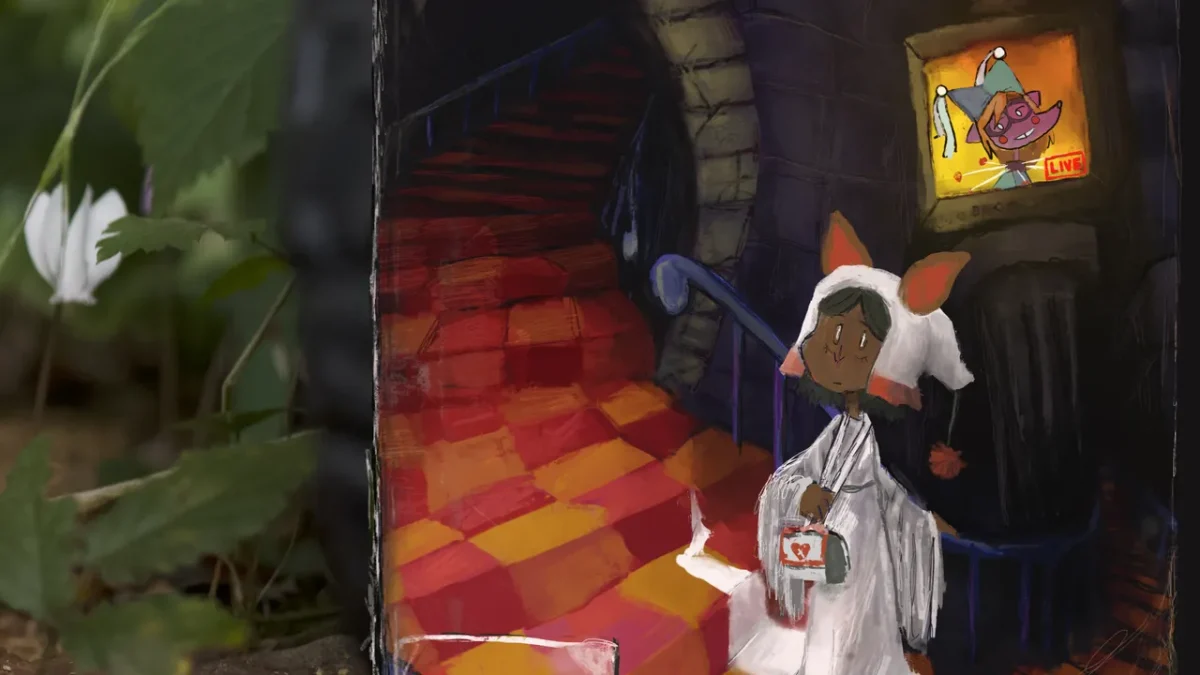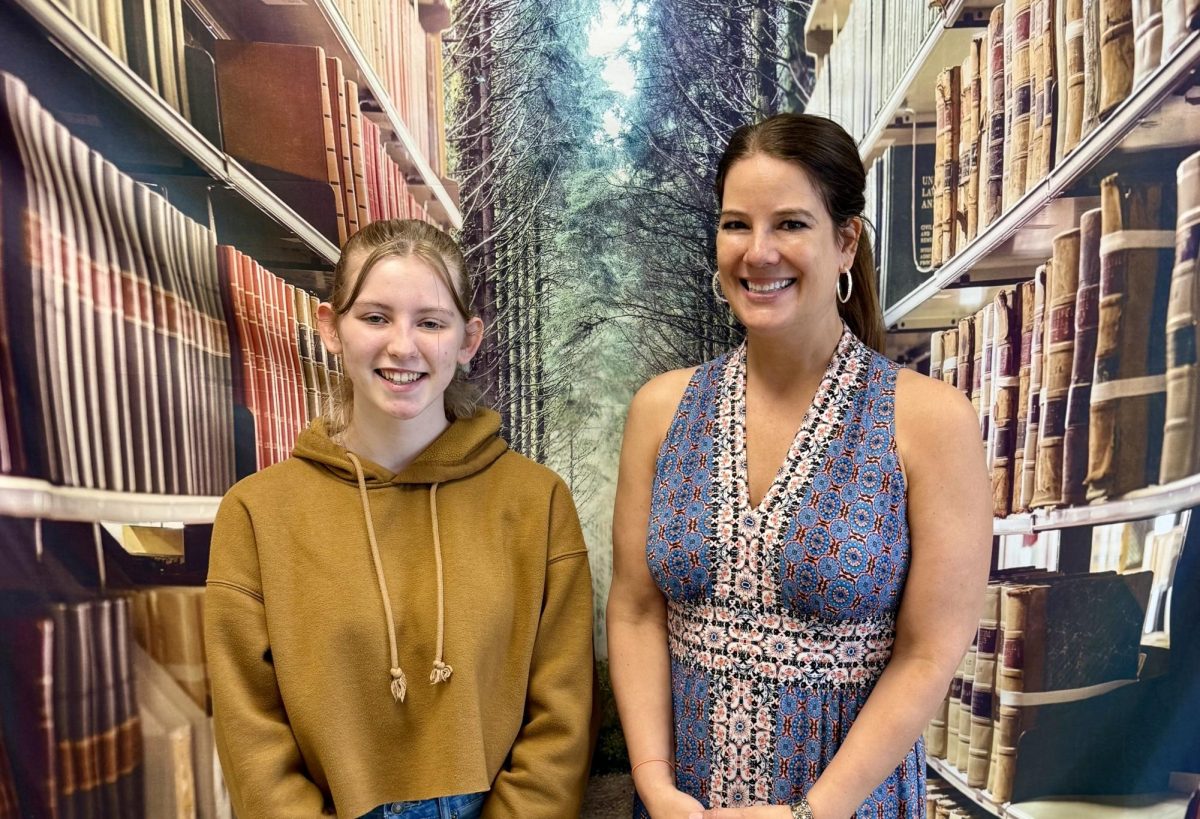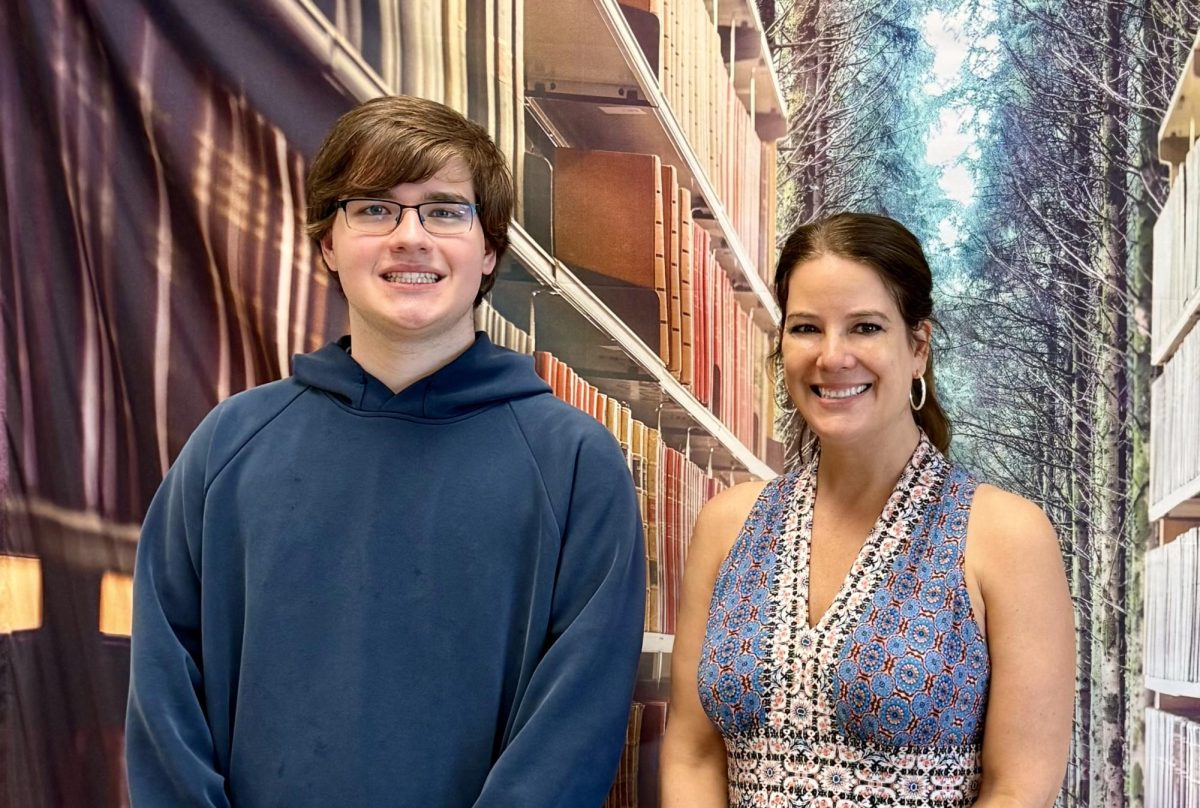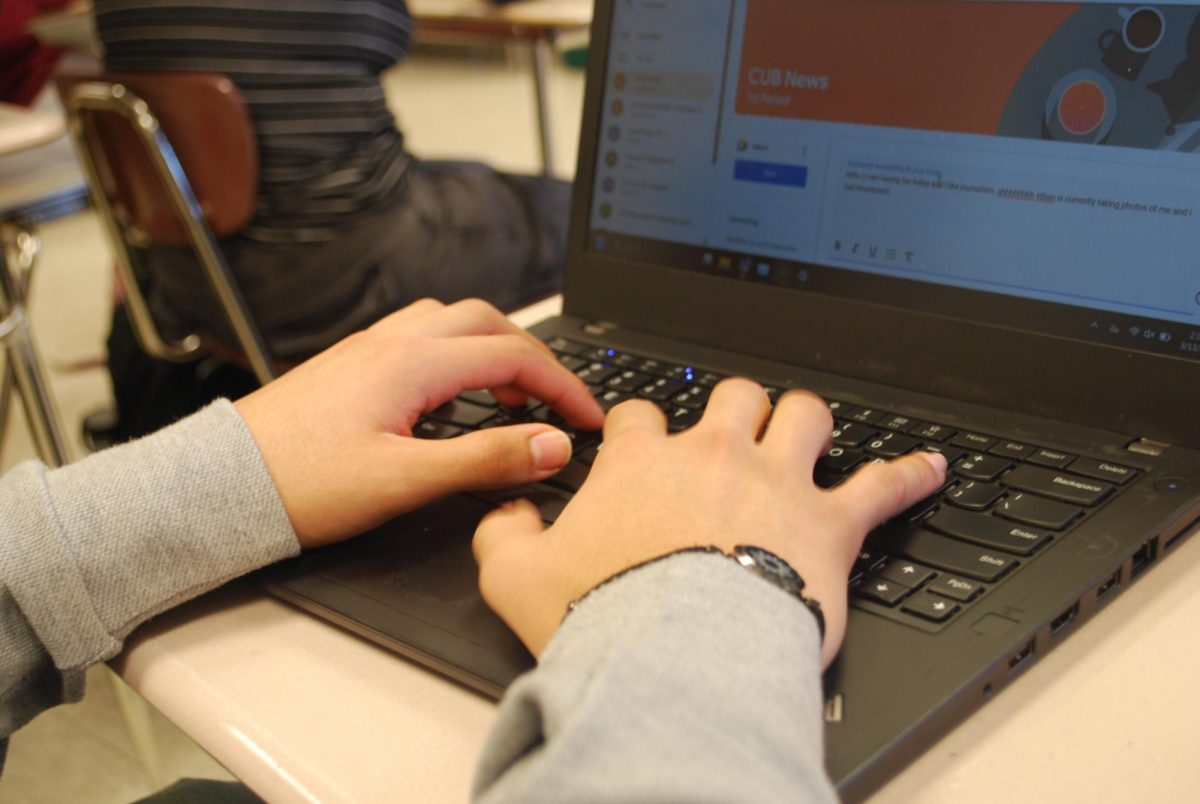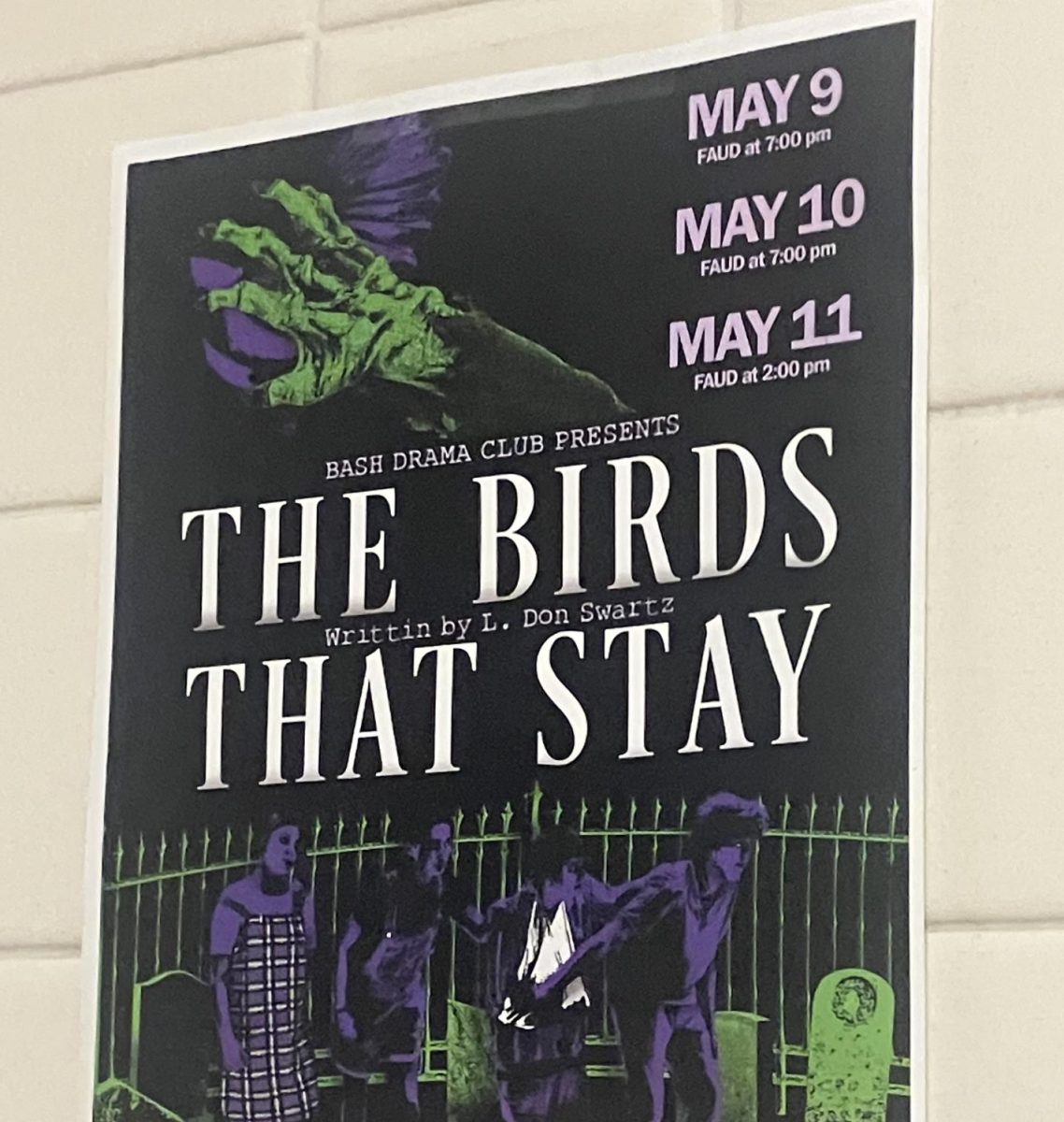“Fake News,” “Propaganda,” “Misinformation and Disinformation;” with each passing day these words become more common and more important in our lives. It’s a tale you’ve heard a million times, that lies and misinformation spread faster than the truth. Thousands of hours is poured into researching how, in an online world, truth takes a backseat to sensation. The goal of social media and online news has become to earn clicks, even if it means distorting the truth.
A.I. adds a whole new layer to the conversation with mimicry of real news being so much easier, and so much more disastrous, than ever before. The consequences of these create doubt in many minds if the things they are seeing are even real, true, or accurate.
Self reflection and improvement
With this almost dystopian level of disinformation people are exposed to, it’s understandable to make some mistakes when finding information… isn’t it? Is it really the fault of the world we live in to be inept when it comes to sourcing information. Is it our fault when we take something at face value and it’s a lie? “Fool me once shame on you, fool me twice, and that’s shame on me.”
It’s my hope that with the help of this article, we can stop being bystanders as the world we live in feeds us lies, and instead, are able to easily surf through the sea of misinformation and find the island of truth.
For Pete’s sake, check your sources
The greatest way to combat misinformation is, unsurprisingly, real information. You’ve heard this before but check where any information you get is sourced. When sharing articles on twitter, a famous study found that 59% of people don’t read the article before sharing it. Sensationalizing titles for the interest of getting clicks is a real problem and Dr. Alison Dagnes, a Professor of Political Science at Shippensburg University in Pennsylvania, has given interviews in the past describing ways sensationalism is used. Dr. Dagnes has also written a book on the Media’s part in polarization of American politics. Ignoring your reactionary instinct, and instead reading through something first is one of the ways to gauge how accurately the title represents the information.
But what if you’re not sure something is true even after reading it? One solution is to do a quick Google search of what your seeing with an added “is this true,” line to your search. Seeing enough people report on something may lead you to believe it’s validity. But more often than not, news organizations cannibalize each other for their information to be sure to check if any given article is simply a reworded version of the first one you read. (An article on journalistsrecource.org goes over the importance of diverse sources in reporting).
If you’re still not sure if what you’re seeing is true, there are many sources online that can reliably check if information is true. California State University, Northbridge has a list of resources for verifying information, including places like factcheck.org, politifact.com, and many more. As Arnold A. Dornfield once wrote, “If your mother says she loves you, check on it.”
Not everything you see has to affirm your beliefs
Another really good step towards attaining an increased level of control over what we see online is to look at conflicting view points. An outstanding article on Upworthy goes into this in more detail, but by in large it is recommended that when you get information, especially in politics, you should look at conflicting viewpoints. Almost always does seeing a different perspective helps people gain a better understanding of a topic.
This step can be really hard for people. Sometimes it can feel unbearable to read something we personally disagree with, almost as if it’s an attack on ourselves directly. Being presented information we think is wrong leads our brains to treat it as an attack on our self-esteem, causing a sort of defensive fight or flight reaction where we believe we’re being humiliated. Keeping a calm and open mind when discussing different perspectives is very difficult, but very rewarding experience. It helps us think about the information we’ve been presented in a much more critical light instead of dismissing it outright.
AI checkers can be your friend
AI is so controversial. One of the most powerful and abusable tools has never in history been as accessible as today. When we read an article, see a picture, or watch a video, it can be hard to even believe our eyes. AI content, even poorly developed, has caused huge issues in the past and can be almost undistinguishable from fact. While limited, there is one weapon we can wield against an army of fakes, AI checkers.
You’ve likely at least heard of AI checkers, as high school teachers usually run assignments through them. There are a number of free AI checkers available with a quick google search, though some do require subscriptions. GTPZero is a decent free option that can detect multiple types of ChapGPT, a very popular AI writer. It’s important to run pieces of text through AI checkers if it’s sources are questionable.
Videos and pictures can be more difficult to determine if they’re real, and while some checkers do exist (isitai.com for example) it’s best to check where an image was sourced to see if there is a photographer credited. Even if a photographer is credited, it’s not a bad idea to google their name and credentials.
It’s in your hands
François de la Rochefoucauld once wrote in his book Reflections; Or, Sentences and Moral Maxims, “Truth does not do as much good, as the appearance of truth does evil.” This powerful quote can make us feel small, like no matter what we do the value of our efforts are in vain. Every day our attention becomes more important to anyone who can get their hands on it, and not always for a good reason.
Knowing something for sure can feel impossible, but I believe it is our duty to improve the ways in which we find our information online. The tools for rooting out disinformation are nearly as vast as the tools to create them, and it’s our job to take the first step in fighting this epidemic.












